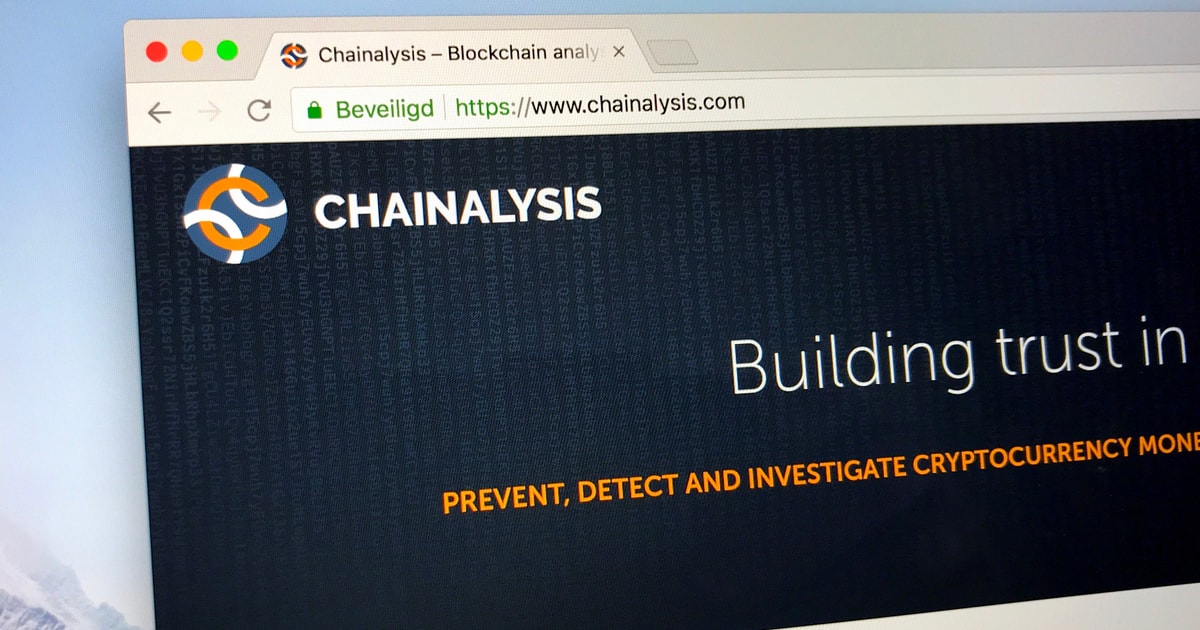Address Poisoning Scams: A Growing Threat in the Crypto World
Lawrence Jengar Oct 23, 2024 20:14
Address poisoning scams are emerging as a significant threat in the crypto space, targeting high-value users by mimicking frequent transaction addresses.

As the cryptocurrency landscape evolves, so too do the tactics of cybercriminals. Address poisoning scams have emerged as a sophisticated threat, targeting unsuspecting crypto users by exploiting the familiarity of their transaction history. According to Chainalysis, this form of scam has been responsible for nearly causing a $68 million loss in wrapped bitcoin (WBTC) for one victim, highlighting the scale and potential impact of such operations.
Understanding Address Poisoning Attacks
Address poisoning attacks are a deceptive strategy employed by scammers to mislead crypto users into sending funds to incorrect addresses. The process begins with scammers studying a target's transaction patterns to identify frequently used addresses. They then generate a look-alike address, perform a small transaction to 'poison' the target's address book, and hope the victim will mistakenly send funds to this fraudulent address in the future.
These scams are facilitated by readily available toolkits on darknet marketplaces, which allow even less technically skilled individuals to execute such attacks. These kits include software for creating look-alike addresses, automated scripts for seeding these addresses with small payments, and detailed instructions for misleading victims.
A Case Study: High-Stakes Scamming
One notable incident occurred on May 3, 2024, when a crypto whale nearly lost $68 million in WBTC due to an address poisoning attack. The scammer managed to deceive the victim into transferring the funds to a look-alike address. Following a series of negotiations, the attacker returned the funds, albeit after benefiting from a $3 million appreciation due to the price increase of BTC.
This incident underscored the effectiveness of address poisoning scams and the high stakes involved. It also highlighted the importance of conducting small test transactions as a precautionary measure when transferring large sums.
The Broader Impact and Response
Chainalysis's investigation revealed a network of over 82,000 crypto addresses linked to this campaign, reflecting the widespread nature of these scams. Despite the low success rate of only 0.03% of the addresses receiving significant funds, the potential returns from the scam were substantial, indicating a high return on investment for the perpetrators.
Victims of these scams tend to be experienced users with higher wallet balances, as the campaign targeted high-value and active participants. This shift in target preference suggests a growing sophistication in scam tactics.
Counteracting the Threat
As these scams become more prevalent, the need for robust blockchain intelligence and security measures becomes crucial. Real-time monitoring and heuristic analysis can help identify suspicious activities and prevent further losses. Chainalysis plays a pivotal role in this effort by providing technology that detects suspicious patterns and traces illicit fund movements, thereby enabling quicker intervention by security teams and authorities.
Address poisoning scams serve as a stark reminder of the evolving threats in the crypto world. As the sophistication of these scams grows, so does the need for increased awareness and proactive security measures among crypto users.
For more information, visit the Chainalysis website.
Image source: Shutterstock
.jpg)